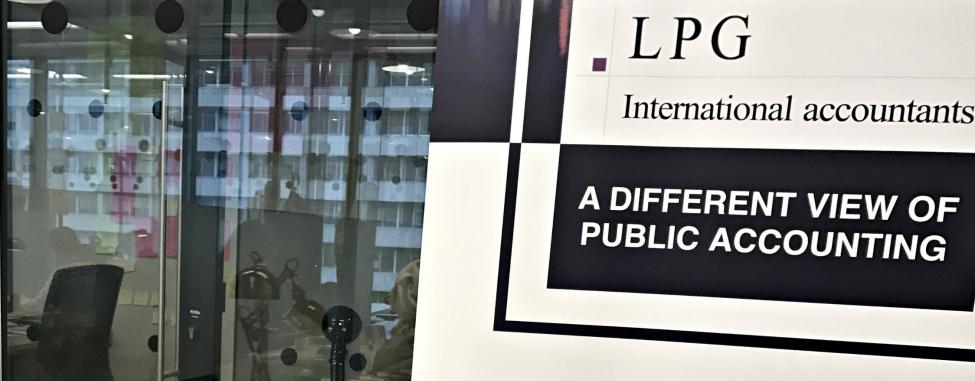Minimum Wage
Beginning April 1st 2019, Minimum Living Wage increases from £8.21 to £7.83, around 9.20 euros.
Minimum Wage is the minimum amount of remuneration per hour that most employees are entitled to regardless of the size of the employer. The National Minimum Wage is lower than the National Living Wage if the worker is less than 25 years old.
Not all workers are entitled to the minimum wage; some of these are workers that are self-employed, company directors, fishermen, prisoners, and those living and working in the religious community.
Working Hours
An employee working at least 35 hours per week is considered a full-time employee. This normally corresponds to working five days a week, from Monday to Friday, from 9am to 5pm, with one hour lunch break.
The work contract can state that the employee is expected to work more than 35 hours, for example 40 hours per week.
The following method is used to calculate the gross salary (for an employee of 25 years or older): 40 hours x 52 weeks= 2080 hours x £8.21 = £17.076,80 per year, which is the equivalent to £1.423,07 per month.
Payment periods
Normally, an employee is paid on a monthly basis, at the end of the month. However, employers can choose to pay on a weekly basis.
Employee and employer contributions on gross salary.
Employee contributions from gross salary are the following:
• PAYE (pay as you earn): This is the withholding tax on income and it is determined by an employee's marital status, i.e. single, widowed. For example, an employee that is single will start paying income tax once he/she passes the £12,500 threshold of gross salary.
• National Insurance: Specific rates are applied depending on the gross salary.
• Pension schemes: these are also calculated with specific rates depending on the gross salary. The employee and the employer can agree on a scheme so that they will be superior to that of the minimum requirement by law. A pension scheme is required by law (depending on gross salary) and employees are automatically enrolled into NEST, the government's pension scheme.
• Other contributions: Private healthcare scheme proposed by the company.
Employer contributions are also based on gross salary:
• National Insurance contributions: Specific rates are applied depending amount of the gross salary. Often, the employee and employer contributions amounts are around the same amount.
• Pension scheme contribution: This is also calculated with specific rates depending on the gross salary. In general the employee contributions are equivalent to those of the employer (50-50)
• Other contributions: Private healthcare scheme.
Payslip Components
The following are the main components to show on the payslip:
• The identity of the employee: name, National Insurance Number (NIN), tax code for the PAYE scheme;
• The period;
• The gross salary, employee, and employer contributions;
• Net Pay
• Holidays taken and remaining.

